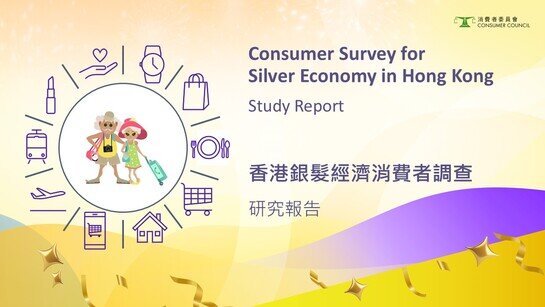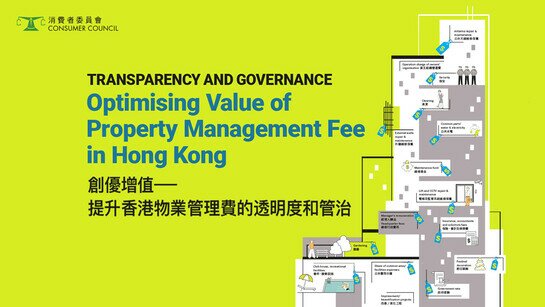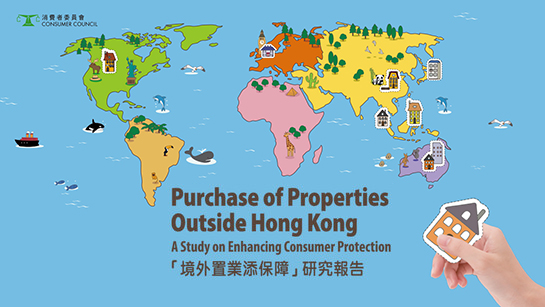Overview
Faced with Hong Kong’s rapidly ageing population, and a call for better healthcare services as the market turns affluent, demand for private health insurance (PHI) will indeed continue to rise. Although there are many players giving a variety of choice in the PHI market, some hidden concerns might be found in the growing PHI market.
According to a research report, some 43% of inpatients covered by PHI only were still treated in public hospitals, showing a lack of market confidence in relying on PHI for healthcare protection. This would not only be detrimental to individual consumer interest, but would also limit the potential of leveraging PHI to finance the healthcare system in Hong Kong, as well as limiting the potential of the private sectors to meet the rising demand in healthcare services.
Consumers Expectation Gap towards PHI
Very often, consumers take out PHI cover with an expectation that they can protect themselves against financial burdens associated with medical treatments or procedures they feel they may need. There is also expectation of continued PHI coverage. However, complaint statistics from the Consumer Council (the Council) indicate that even consumers encountered different problems when engaging in different stages of purchase, they generally lacked certainty on protection from PHI, and the continuity of protection fell short of their expectations. Such an expectation gap caused discontent and rising concern to consumers who are seeking peace of mind in the purchase of PHI.
In order to understand this apparent disconnect between expectation and reality, the Council conducted an in-depth study into the PHI market in Hong Kong (the Study) by assessing the level of consumer satisfaction on PHI, their understanding of protection coverage in the PHI plans, and identifying possibly unfair conditions and procedures which may limit consumer’s access and coverage to PHI and the insurance companies’ payout obligations to policyholders. The Study revealed certain factors affecting the accessibility, continuity and certainty of the coverage provided by PHI, hampering the long-term development of the PHI market.
Recommendations
The problems identified in the Study fall under two categories: (i) an apparent gap between consumer expectation and in reality what they could enjoy from the PHIs they purchased; and (ii) a lack of continuity of PHI. The 14 recommendations as set out below is the result of a rigorous study in understanding the key concerns of consumers, the current offerings in the market, the regulatory practices from selected jurisdictions and the opinions of stakeholders on the viability and practicality of the recommendations.
Narrowing the Gap between Consumer Expectation and in Reality What They Could Enjoy
- Standardise Definitions of Key Policy Terms – The Council recommends that the regulatory authority considers the possibility of setting out standard definitions for key policy terms and mandates this adoption in PHI policies.
- Improve the Design of Application Forms to Ask Specific Questions – The regulatory authority should set appropriate guidelines requiring the insurance companies to ask specific questions in the application forms, and clearly state the timeframe of information disclosure.
- Provide Sample Policy Contracts on a Publicly Accessible Platform – Insurance companies are encouraged to provide policy contract samples for public access in an easy and convenient way such as on company websites, apart from through the hotline request.
- Enhance Transparency on Change of Policy Terms, Benefit and Premium – The Council recommends updated information of premium and justification of premium changes be given to each policyholder on an on-going basis. Regarding the right of insurance companies to make unilateral revisions on policy terms and conditions and re-underwrite, it should be stated alongside “guaranteed renewal” statements at all occasions and clearly explained to prospective policyholders.
- Provide Clear Explanations in Writing and in Plain Language – The Council recommends that insurance companies should be mandated to provide clear and easily understandable written explanations to consumers/policyholders regarding application and indemnity decisions.
- Provide Market and Complaint Statistics of PHI Policies – Relevant complaint statistics and market statistics (e.g. total premiums, quantity of available plans, quantity of policies sold) should be published by regulator and complaint channels on a regular basis.
- Improve Transparency of Sources of Reference for “Reasonable and Customary” Charges – Insurance companies should specify the factors which may be considered when determining the reasonable and customary charge in the policy contracts; and in case such term is applied for partial reimbursement, it should be explained to the policyholders.
- Provide Pre-authorisation Services for Non-emergent Services – The Council is of the view that the regulatory authority may encourage the insurance companies to adopt pre-authorisation services to elective or non-emergent services and set up services pledge on response time.
- Enhance Intermediary Training and Improve Administrative Process – Insurance companies should provide continuous and product-specific training to insurance intermediaries and/or frontline staff to align the knowledge and understanding of both industry employees and consumers/policyholders. Such training should facilitate the communication in a bid to reduce disputes.
- Strengthen Consumer Education – The Council recommends that consumer education should cover the areas on insurance concept such as significance of key policy terms, information that should be obtained and understood before signing up for a policy, and consumer rights to seek information, explanations and redress when in doubt.
Enhancing Continuity of PHI
- Extend Entry Age Limit – The Council recommends the entry age limit be extended in order to enhance elderly consumers’ accessibility to PHI.
- Offer Opt-out Option for Enhancements of Non-core Benefits – Insurance companies should offer policyholders the choice to retain a budgetary status quo which suits their needs, especially an opt-out option in cases of non-core related benefit enhancements.
- Provide Coverage for Unknown Pre-existing Conditions – The Council recommends the insurance companies to provide coverage of unknown pre-existing conditions. A waiting period for unknown pre-existing conditions may be applied. If unknown pre-existing conditions are excluded from coverage, such information should be clearly explained to prospective policyholders.
- No Re-underwriting / Enhance Transparency on Re-underwriting Policy and Conditions – The Council is of the view that a better practice for the insurance companies to follow is to adopt a one-off underwriting practice (instead of annual re-underwriting) with a view to make PHI a genuine continuous protection. If insurance companies consider the avoidance of re-underwriting is not applicable, information of such arrangements should be clearly specified in the policy and should be made known to prospective policyholders before they enter into the policy contracts.
The full report can be downloaded from here and the executive summary can be downloaded from here.











